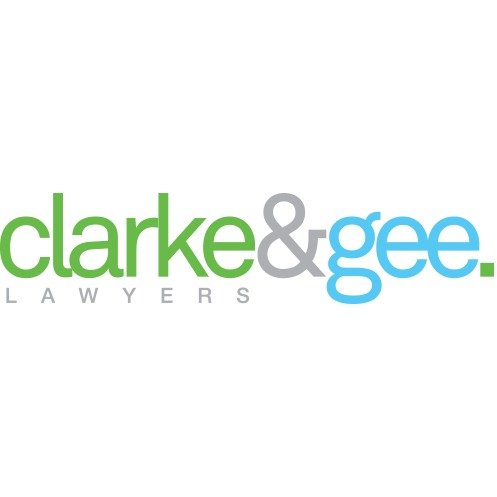Best Wrongful Termination Lawyers in Launceston
Share your needs with us, get contacted by law firms.
Free. Takes 2 min.
List of the best lawyers in Launceston, Australia
About Wrongful Termination Law in Launceston, Australia
The concept of wrongful termination in Launceston falls under the wider scope of Australian employment law, governed by both federal and state legislation. The Fair Work Act 2009, which has jurisdiction over the majority of Australian employees, establishes that an employee’s dismissal can be considered unfair if it was harsh, unjust or unreasonable. The Act specifies several situations which can come under this umbrella, including termination due to discrimination, retaliation, refusal to commit illegal acts, or maternity leave, among others.
Why You May Need a Lawyer
Despite the presence of these laws, many employees still face unfair termination. Lawyers specialising in wrongful termination can help navigate the complexity of the legal system and ensure your rights are upheld. If you suspect that your termination was based on discriminatory reasons, in violation of company procedures or without a valid reason, a lawyer can help you establish a case and potentially recover compensation. Likewise, if you were forced to quit due to a hostile work environment or retaliation for any form of whistleblowing, a lawyer can defend your rights and guide you through the process of seeking legal redress.
Local Laws Overview
The Fair Work Act 2009 is the main legislation covering all aspects of the workplace relationship in Australia, including Launceston. It provides substantial protection against wrongful termination, establishing detailed procedural requirements for dismissal and strict prohibitions against discriminatory conduct. It also sets out the remedies that may be available to the improperly terminated employees, such as reinstatement and monetary compensation. The Act also mandates the involvement of the Fair Work Commission, the national workplace relations tribunal, in resolving matters related to unfair dismissal.
Frequently Asked Questions
What constitutes wrongful termination?
Termination of employment can be considered wrongful if it is in violation of your employment contract, legislative protections, or based on discriminatory reasons like race, gender, religion or other protected characteristics.
What is the difference between unfair dismissal and wrongful termination?
Although they seem similar, wrongful termination is a broader term which covers any situation where the termination of employment breached an employee's contractual or statutory rights. Unfair dismissal is a specific subcategory involving less serious forms of undesirable treatment at work.
How long after termination do I have to make a termination complaint?
Generally, under the Fair Work Act 2009, an application for unfair dismissal must be lodged within 21 days of dismissal effect.
What can I expect if my claim for wrongful termination is successful?
If your unfair dismissal claim is successful, you may be reinstated to your job, or compensated by way of lost wages and additional damages, in particular if the dismissal has caused you stress or humiliation.
Can my employer fire me for no reason?
Your employer must have a valid reason to fire you and must follow the procedure for terminating your employment as laid out in your contract or workplace agreement.
Additional Resources
You might find it useful to visit the website of the Fair Work Ombudsman. This independent statutory office provides information and advice about Australia's workplace rights and rules, including specifics about unlawful termination. Local community legal centres may also offer advice and assistance.
Next Steps
If you believe you have been wrongfully terminated, the first step is to consult with a legal professional who specialises in employment law. They can assess your situation, guide you on how to collate supporting documents potentially needed for your case, and help you lodge any official complaints or legal proceedings necessary to protect your rights.
Lawzana helps you find the best lawyers and law firms in Launceston through a curated and pre-screened list of qualified legal professionals. Our platform offers rankings and detailed profiles of attorneys and law firms, allowing you to compare based on practice areas, including Wrongful Termination, experience, and client feedback.
Each profile includes a description of the firm's areas of practice, client reviews, team members and partners, year of establishment, spoken languages, office locations, contact information, social media presence, and any published articles or resources. Most firms on our platform speak English and are experienced in both local and international legal matters.
Get a quote from top-rated law firms in Launceston, Australia — quickly, securely, and without unnecessary hassle.
Disclaimer:
The information provided on this page is for general informational purposes only and does not constitute legal advice. While we strive to ensure the accuracy and relevance of the content, legal information may change over time, and interpretations of the law can vary. You should always consult with a qualified legal professional for advice specific to your situation.
We disclaim all liability for actions taken or not taken based on the content of this page. If you believe any information is incorrect or outdated, please contact us, and we will review and update it where appropriate.








